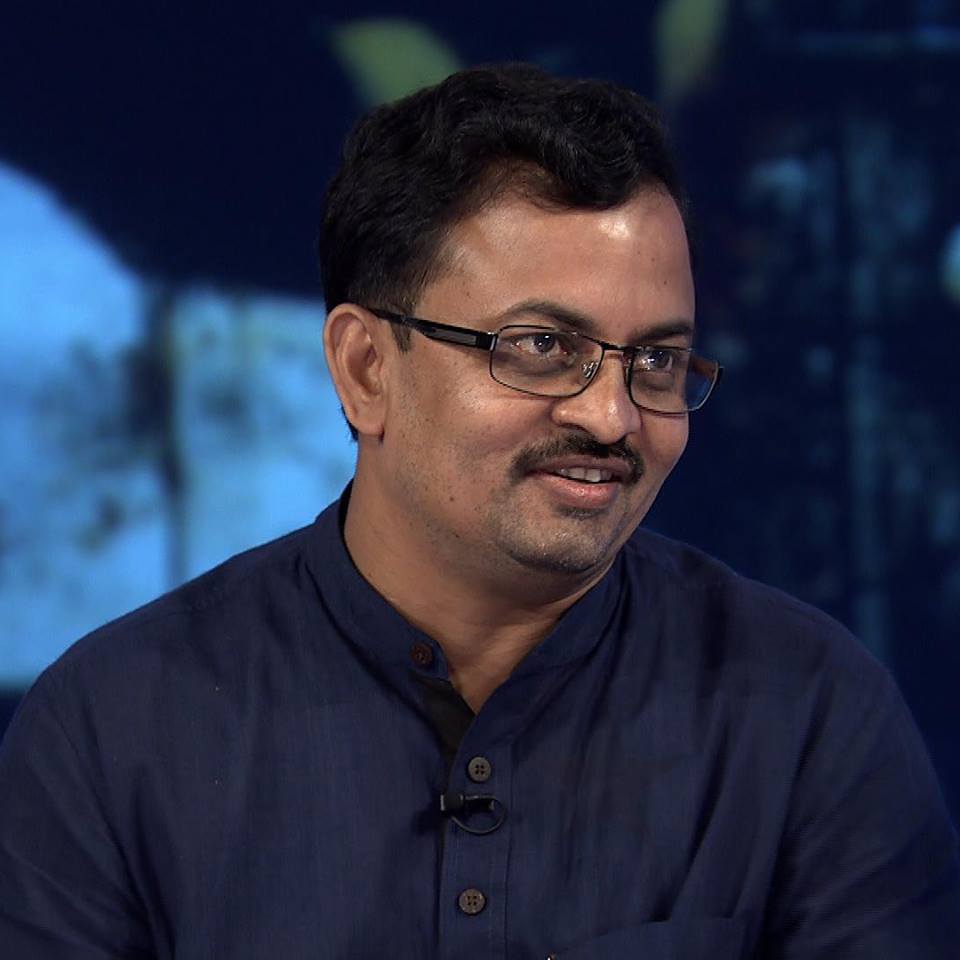(Knowing Lenin as a person….)
Jyotika Cheema for BeyondHeadlines
A renowned Dalit Right Activist of India, Shri Lenin Raghuvanshi. More than just a name, a person who is also recognized as a Masseha of the ‘poor’ and ‘untouched’ who were not heard for ages. A soul who believes that
“a human should restrict himself only when he is lying in coffin…. life is all about freeing ourselves from those shallow boundations which we have created around us”. And Sir Raghuvanshi’s life is the biggest example of these lines quoted by him in a recent interview. Lenin comes from a higher caste Hindu family. His parents Shri Surendra Nath and Shrimati Savitri Devi were his main inspiration after realizing the dreadful reality of the Dalits in India. He refers to his higher caste Hindu upbringing as ‘feudal’ and this is what brought him close to the idea of social activism. His wife Shruti Nagvanshi has been his partner in all his ideas and works to the fullest.
Raghuvanshi says that “The way I saw feudalism so deeply enrooted in the society I was born in, I knew that this practice wasn’t just followed in my little world, I knew from my little age itself that this ‘ feudal monster’ was of much bigger size that one could imagine……. And the more I grew up and travelled the different parts of our nation, I could sense that my little mind was so right. This monster was everywhere. And ‘they’ call this insane heritage our traditional Hindu system…..”. According to Lenin’s practice of social-activism, most of the cases, violence, deaths or custodial tortures that are committed against these untouched and low-caste people do not even exist in government records. Raghuvanshi’s journey has not been easy for breaking the stubborn-notions and virtual-walls this society has created and has been following blindly. He has suffered many mental traumas occurred through many ‘death-threats’ received now and then but this has never turned down his zeal.
Sir Raghuvanshi’s profound association with the Dalit-Samaj has been an example for many youth leaders, working as social activists. Although his works for these untouched people did not come in light as a ‘fashion’ created by our political leaders by sleeping or eating with poor(s) but this nowhere lessens the dedication he has worked with. This journey hasn’t only helped him to understand the ‘created’ idea of caste or community but it also made him understand many religions and their practices. He believed that the way some particular communities of Hindu religion were suffering in India, same was the case with the Islam and its practices. Hence his works were never limited with a vision of the ‘betterment of Dalits’ only. He has also been actively involved with many programmes conducted for enlightening the down class Muslims.
Lenin’s bag is full of many International Recognitions and Awards. He is an Ashoka Fellow and one of the core founding members of PVCHR, People’s Vigilance Committee on Human Rights which works for uplifting and betterment of the marginalized sections of the society. His work has been recognized with some notable awards like GHRA, Gwangju Human Rights Award (2007) along with Irom Sharmila, the ACHA Star Peace award (2008) and the International Human Rights Prize of the city of Weimar (2010). He was appointed as the state director for the European Union funded National Project on Prevention of Torture in 2006, in recognition of the reports published by PVCHR on torture incidents in the state.
He became the president of the Uttar Pradesh chapter of United Nations Youth Organization at a small age of 23 (1993). His exposure to the mainstream society made him understand the deeply enrooted presence of the Casteism everywhere. Instead of supporting the Indian Government’s policies for reservation, Raghuvanshi chose the path of uplifting these low-caste people by making their voices heard. He founded the People’s Vigilance Committee on Human Rights (PVCHR) in 1996, along with his wife, Shruti Nagvanshi, historian Mahendra Pratap, musician Vikash Maharaj, and poet Gyanedra Pati. He has become the symbol of nonviolent resistance among millions of Dalits fighting for dignity. For his commitment in favor of marginalized people, he has also suffered some death threats.
Raghuvanshi represented the BDAM, Bunkar Dastkar Adhikar Manch in the People’s Tribunal on Human Rights, chaired by Madam Sayeda Hameed, a member of the Planning Commission of India, briefing on the reportedly poor situation of the Varanasi weavers. Bunkar Dastkar Adhikar Manch is a Varanasi based outfit, founded by Shri Siddiq Hassan, in 2004. Varanasi Weavers Trust was conceptualized in 2004 by the Sri Lankan economist Darin Gunasekara and Raghuvanshi with the objective of easy accessibility of the capital and market to the poor in a democratized way.
A milestone achievement was made on January 15, 2005 when human rights groups from India, Nepal, Bhutan, Bangladesh and Sri Lanka, PVCHR (India), INSEC (Nepal), People’s Forum for Human Rights (Bhutan), Human Rights Commission of Pakistan, LOKOJ (Bangladesh) and Wiros Lokh Institute (Sri Lanka), met with an objective of a united South Asia, working for the common good, in Kathmandu. This convention was named People’s SAARC, leading to the formation of a South Asian People’s Forum, with Raghuvanshi as its coordinator. Afghanistan was later added to this SAARC. This was indeed an excellent effort to built human rights mechanism in SARRC countries where the discourse of human rights is still in its adolescent phase.






















